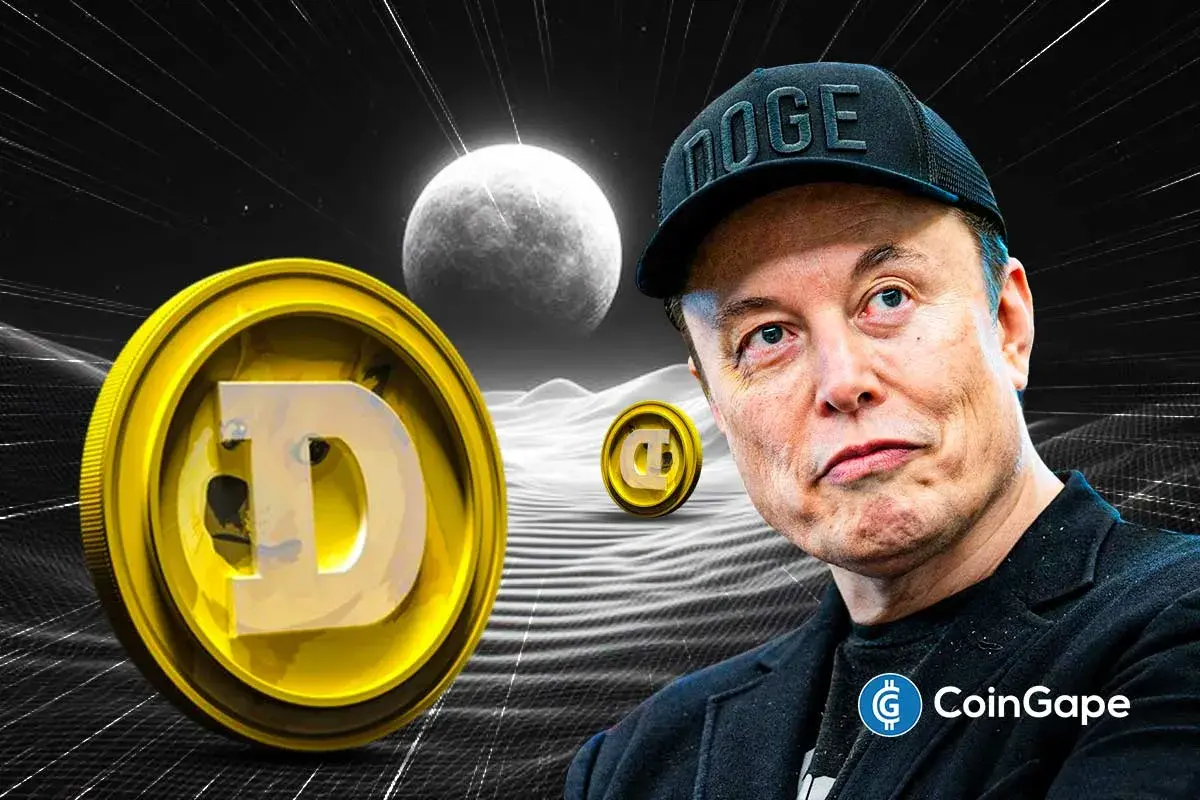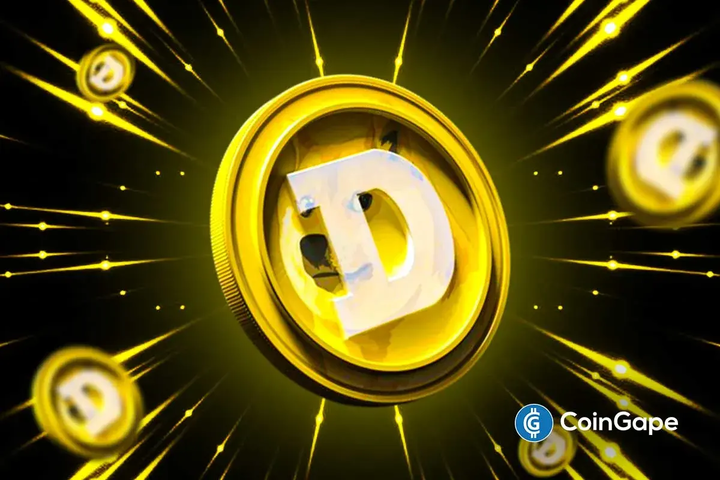Dogecoin Developer Advice Users to Withdraw Funds from Huobi

In a recent development, Mishaboar, a prominent developer and Dogecoin (DOGE) advocate issued a plea for Dogecoin holders to withdraw their DOGE holdings from the popular crypto exchange, Huobi
This call comes amidst escalating concerns about Huobi’s solvency, raising questions about the efficacy of widely accepted concepts such as proof-of-reserves as an indicator of an exchange’s financial health.
Doubts Over Huobi’s Proof-of-Reserves
At the heart of this unexpected turn of events lies a critical evaluation of the proof-of-reserves concept. Traditionally, exchanges have relied on this concept to demonstrate their financial robustness and reassure their investors and customers.
However, Mishaboar’s cautionary words have thrown a spotlight on the limitations of this practice. The Dogecoin advocate argued that proof-of-reserves, while widely touted as a measure of financial health, can be misleading and may not paint an accurate picture of an exchange’s liabilities.
There have been doubts about reserves at Huobi for a while.
Remember also that the “proof of reserves” pushed by most exchanges is little more than a publicity stunt. It refers to a specific moment in time, and says little about an exchange’s liabilities.
Withdraw, #Dogecoin. https://t.co/d9AnD3MjsY
— Mishaboar (@mishaboar) August 7, 2023
Mishaboar’s statement serves as a reminder that while the concept of proof of reserves is a step in the right direction, it should not be the sole criterion for evaluating the financial health of an exchange.
In an industry that prides itself on decentralization, innovation, and disruptive technology, it is crucial to continuously refine and enhance the mechanisms that ensure the security and trustworthiness of crypto exchanges.
Adam Cochran First Raised the Huobi Alarm
Concerns of insolvency at Huobi were first raised by Fintech executive and renowned angel investor Adam Cochran. The heart of Cochran’s allegations revolves around differences between Huobi’s on-chain data and the figures disclosed in its “Merkle Tree Audit” for stablecoin Tether (USDT) holdings.
Cochran pointed out that the on-chain data indicated Huobi possessed a mere $90 million in assets, a stark contrast to the exchange’s audited claim of holding a substantial $630 million in USDT.
This glaring disparity has raised a barrage of questions that demand answers. Amond the questions being asked include how an exchange report such a substantial reserve of funds while on-chain data paints a dramatically different picture?
Amidst these questions is a series of substantial sell-offs of the controversial stablecoin USDT by Huobi. The timing of these transactions is particularly noteworthy, occurring shortly after the launch of stUSDT, a new stablecoin introduced by Tron’s founder, Justin Sun.
However, Sun has dismissed these rumors and expressed his steadfast dedication to the platform’s growth and success.
- Harvard Management Co (HMC) Cuts BlackRock Bitcoin ETF Exposure by 21%, Rotates to Ethereum
- Morgan Stanley, Other TradFi Load Up SOL as Solana RWA Tokenized Value Hits $1.66B ATH
- Trump’s WLFI Slides 8% as Senators Tell Bessent To Review World Liberty’s UAE Stake
- XRP Price Slides Under $1.5 Amid $50M Market Dump on Upbit
- Is Bitcoin Bottom Still Far Away as Matrixport Says More Bear Market Signals Are Emerging?
- XRP Price Prediction Ahead of Supreme Court Trump Tariff Ruling
- Crypto Price Prediction For This Week: Dogecoin, Solana and Cardano
- Bitcoin Price Prediction: How Could Brazil’s Strategic Bitcoin Reserve Proposal Impact BTC?
- 3 Top Reasons Pi Network Price Surging Today (14 Feb)
- XRP Price Prediction Ahead of Potential U.S. Government Shutdown Today
- Bitcoin Price Outlook As Gold And Silver Lose $3.6 Trillion in Market Value


















